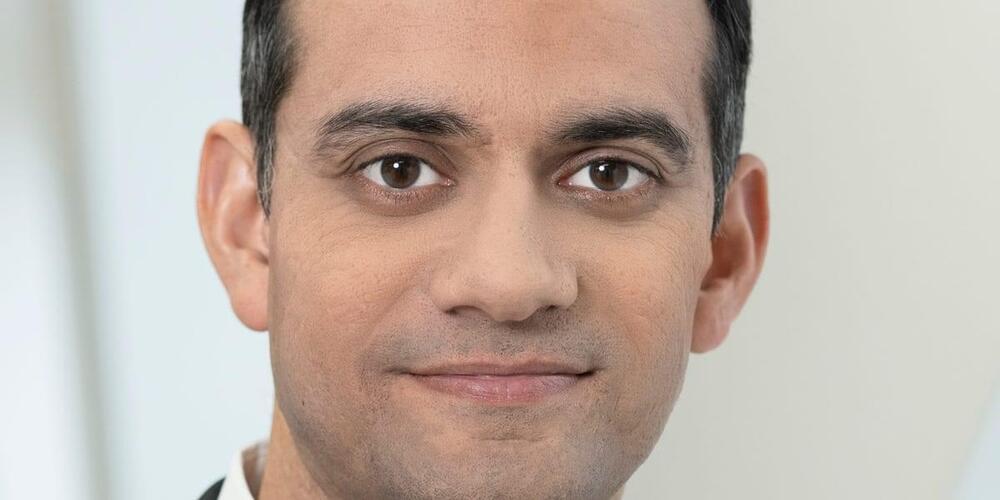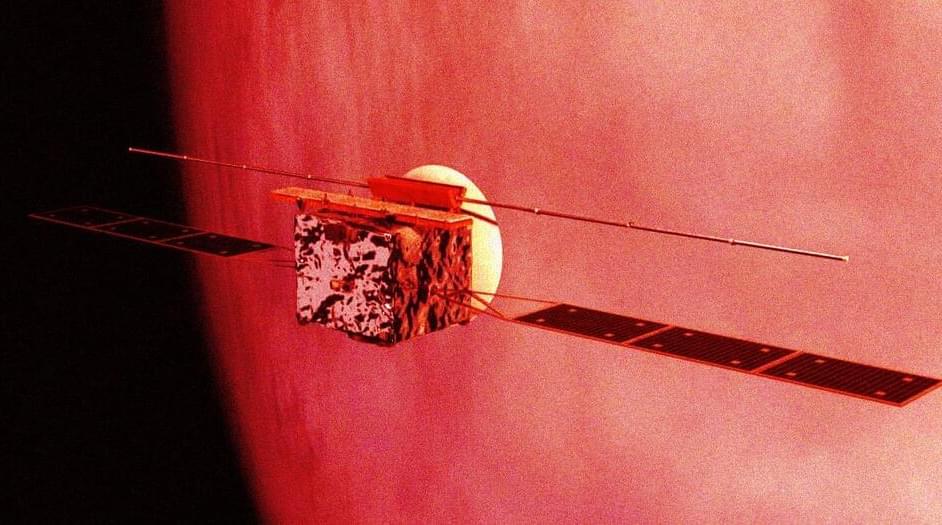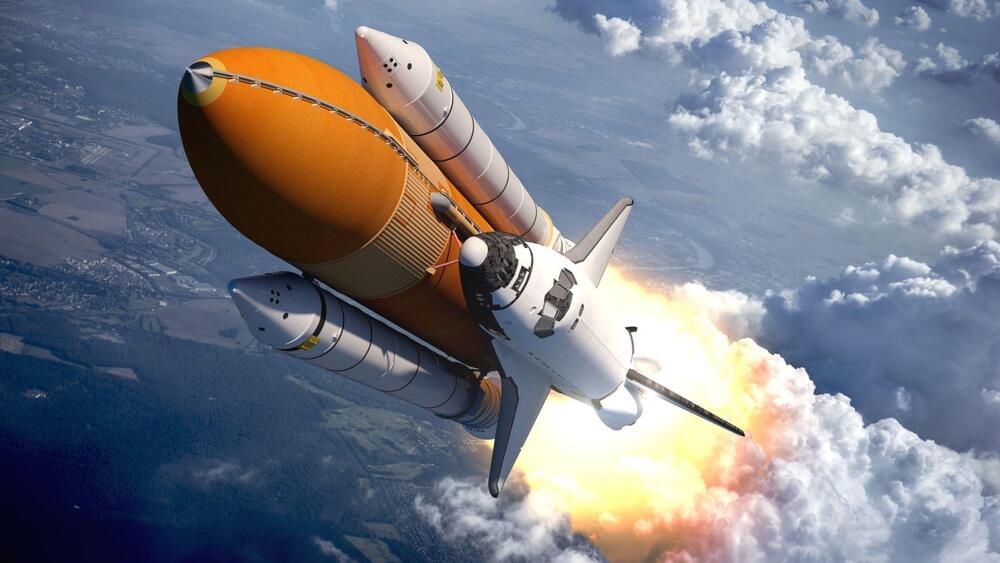
Category: space travel – Page 177

Researchers achieve world’s first international holographic teleportation
Holographic teleportation sounds like something out of Star Wars or Star Trek, but instead of the bridge of a flashy interstellar spaceship, a world-first technological achievement took place in a nondescript boardroom on campus at Western recently.
The term holographic teleportation, or holoport, is a combination of hologram and teleport: when a hologram of a person or object is transmitted instantaneously to another location.
On the afternoon of July 27, a small group of students from the Western Institute for Space Exploration (Western Space) gathered to witness and take part in the world’s first international holoport demonstration.
Space debris Australia: Piece of SpaceX capsule crashes to Earth in field
This may become more common as the number of rockets sent to space increases, an expert said.

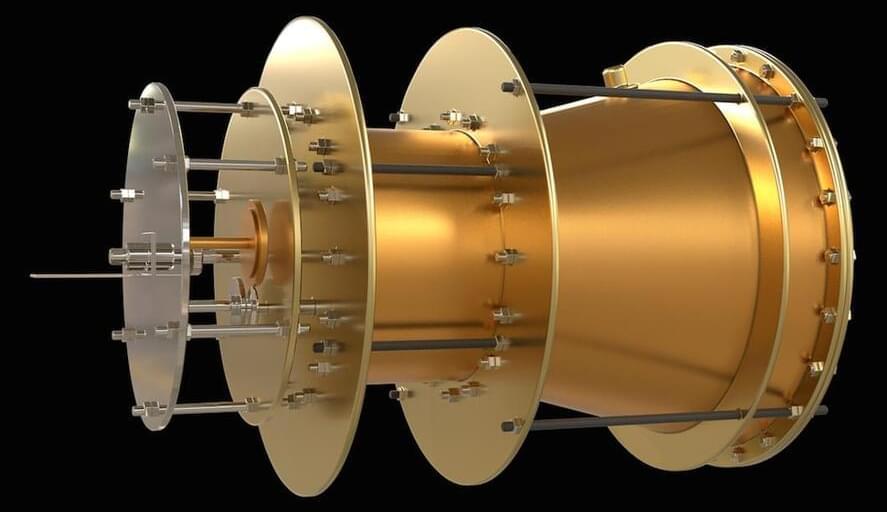
NASA Engineer Says Physics-defying Engine Could Go 99% the Speed of Light
Though the EmDrive might be impossible, engineers are still working on it as the payoff would be enormous if it did work.
Imagine an engine that needs no propellant. It sounds impossible, and it most likely is.
That’s not stopping one NASA engineer from testing theories around the EmDrive — a conceptual “helical” engine that could defy the laws of physics and create forward thrust without fuel.
Robot realized itself and learned to use its body for the first time | High Tech News
👉For business inquiries: [email protected].
✅ Instagram: https://www.instagram.com/pro_robots.
You are on the PRO Robots channel and today we present you with some high-tech news. The first robot with self-awareness, a new breakthrough in the creation of general artificial intelligence, evolving robots, a Japanese home for a space colony, an unexpected turn in the fate of XPENG Robotics and other news from the world of high technology in one issue! Let’s roll!
0:00 In this video.
0:24 The first robot with self-awareness.
1:18 The first orbital flight of a prototype Starship.
1:56 PLATO algorithm.
3:00 New robot learning system.
3:53 Electronic skin for robots.
4:30 XPENG Robotics four-legged robot.
5:09 Artificial gravity architecture.
6:06 Project LINA — Lunar Outpost.
7:06 Electronic glove with suction cups.
7:52 Suspended system in a thermovacuum chamber.
8:28 Network of underground tunnels for unmanned cargo delivery.
9:29 Mass layoffs at Pudu Robotics.
10:12 Virtual organisms.
10:49 Engineers taught robotic arms to react unpredictably to dancers’ movements and music.
11:13 Quokka Robotics Cafe.
#prorobots #robots #robot #futuretechnologies #robotics.
More interesting and useful content:
✅ Elon Musk Innovation https://www.youtube.com/playlist?list=PLcyYMmVvkTuQ-8LO6CwGWbSCpWI2jJqCQ
✅Future Technologies Reviews https://www.youtube.com/playlist?list=PLcyYMmVvkTuTgL98RdT8-z-9a2CGeoBQF
✅ Technology news.
https://www.facebook.com/PRO.Robots.Info.
#prorobots #technology #roboticsnews.
PRO Robots is not just a channel about robots and future technologies, we are interested in science, technology, new technologies and robotics in all its manifestations, science news, technology news today, science and technology news 2022, so that in the future it will be possible to expand future release topics. Today, our vlog just talks about complex things, follows the tech news, makes reviews of exhibitions, conferences and events, where the main characters are best robots in the world! Subscribe to the channel, like the video and join us!
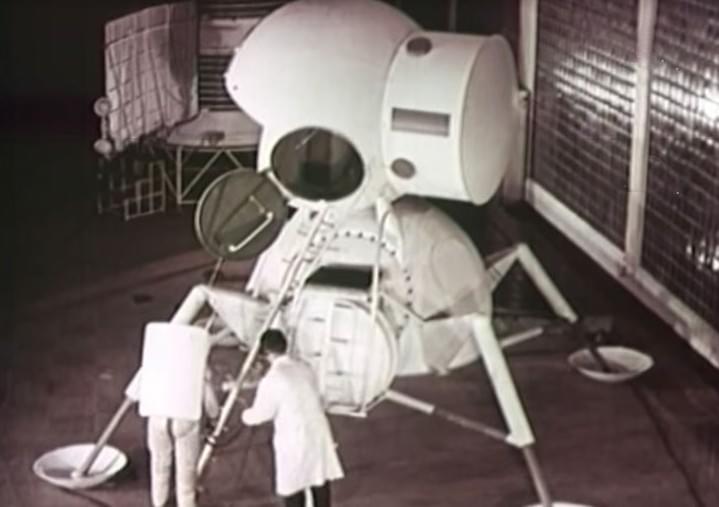
LK Lunar Lander: The Tiny Tin Can Built to Land Cosmonauts to the Moon
It’s said that the metal that made up the outer skin of the Apollo Lunar Excursion Module was no thicker than a couple of soda cans stacked on top of each other. How it never failed even once is beyond us. But if you think the LEM looked like a screaming metal deathtrap, imagine a similar Soviet spacecraft half the size and more claustrophobic.
